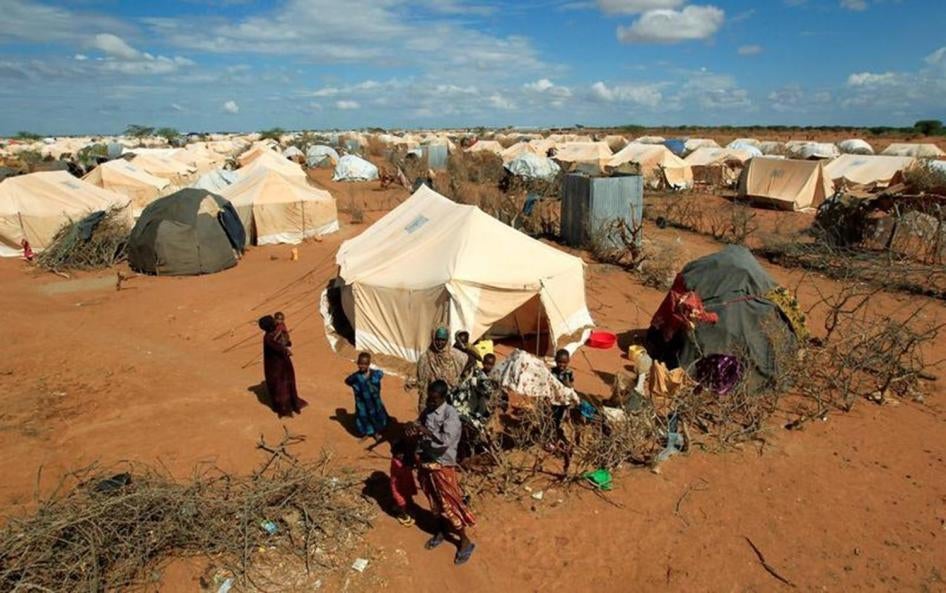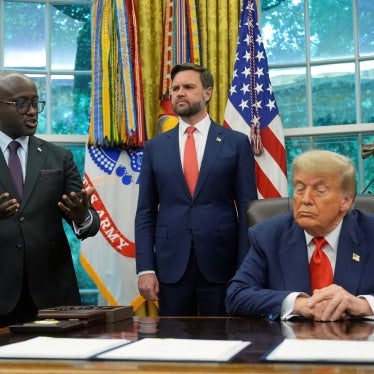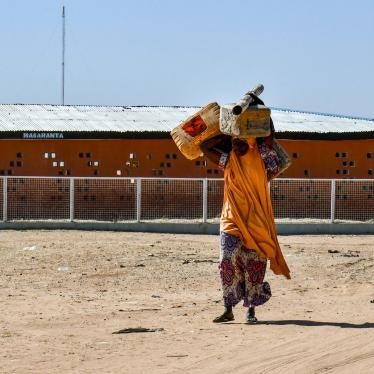This year, widespread attention has focussed on Dadaab, the world’s largest refugee camp, which the Kenyan government threatened to close by late November. But on Wednesday, Kenya’s cabinet secretary for interior announced that the closure will be delayed by six months.
Dadaab, in northeastern Kenya, is home to about 263,000 refugees, mainly Somalis fleeing conflict, persecution, and hunger back home. During a visit there in August, colleagues and I spoke to dozens of refugees who said the government’s decision to close Dadaab left them feeling trapped; afraid to return to Somalia, but also fearful of being arrested and deported if they stayed. Many were choosing to take US$400 in cash as part of a United Nations refugee agency (UNHCR) “returns assistance” package, despite the risks and fears of returning to Somalia.
The Kenyan government’s acknowledgement of insecurity in Somalia and its decision to extend the Dadaab camp closure deadline was a much-needed action. But with a new deadline now hanging over them, many Somali refugees are likely to believe they still have little choice but to return to Somalia armed with UN cash handouts, instead of risking deportation empty-handed.
“Bilan,” who went to Somalia’s capital, Mogadishu, as part of the return process earlier this year but returned to Dadaab after she was wounded in a mortar attack, said today’s announcement was disheartening: “A new sadness engulfed the camp again today. If they force us to go, I have no option. But based on my own experience and stories I hear of those returning and struggling to survive, I don’t want to go back.”
The Kenyan government also seems reluctant to reopen registration for new arrivals fleeing ongoing fighting and drought in Somalia, or returnees who went back to Somalia but had to flee for Kenya once again. This leaves new arrivals not only vulnerable, but in legal limbo.
UNHCR and donor governments that are facilitating returns of Somalis should be pressing Kenya to do more than merely extend its deadline, which would violate refugees’ rights if enforced. Instead, they should be working to publicly reassure Somali refugees they can stay in Kenya, and will be granted protection until it safe for them to return home.
Because, as long as Kenya continues to deny Somali refugees both legal status and a secure home, this long at-risk population will continue to live in fear.










